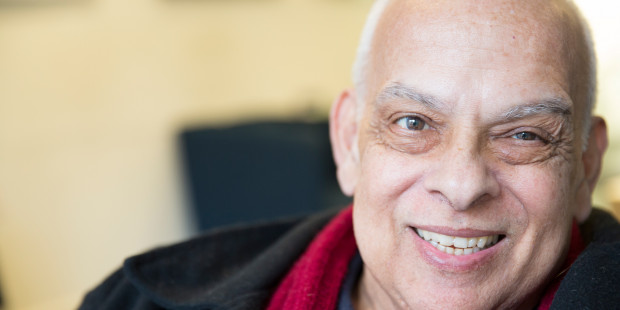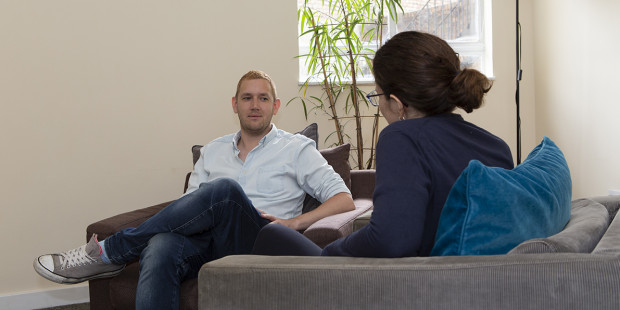HIV and older people
Almost 40 years on from the emergence of the HIV epidemic, modern HIV treatment now means that people are able to live with HIV into old age.
Even 10 years ago this situation was hard to imagine. It’s a fantastic success for modern medicine and science.
This does, however, mean that for the first time there is an entire generation of people growing older with HIV, which brings with it its own set of new challenges in public health, social care and wellbeing.
Our research into HIV and ageing
At the beginning of 2017, we released our award-winning report, Uncharted Territory: A report into the first generation growing older with HIV.
Building on our ground-breaking research from 2010 and produced with peer researchers alongside individuals aged 50 and over living with HIV, this report shines a light on the needs and experiences of those growing older with HIV in the UK.
The report found that:
- 58% of people living with HIV aged 50+ were defined as living on or below the poverty line – double levels of poverty seen in the general population.
- People living with HIV aged 50 and over have on average three times as many long-term health conditions as the general population.
- People living with HIV aged 50 and over have faced discrimination from social care professionals as a result of their HIV status.
- A quarter of respondents claimed that they would have no one to support them if they needed help with daily tasks.
- A third of people aged 50 and over living with HIV were socially isolated and 82% experienced moderate to high levels of loneliness.
The report heard from a variety of case studies, like this individual:
A resident living with HIV in a care home in London was encouraged to spend as much time in her room as possible to avoid contact with other residents. If the individual did sit in the residents’ lounge, she was only allowed to sit on one particular chair.
The TV remote was taken away when she tried to use it and wiped down with antibacterial wipes. Care staff were told to double up their gloves when changing her bed sheets.
Sexual health and older people
There remains a lack of focus and action on the sexual health needs of older people. Rates of sexually transmitted infections (STIs) in individuals aged 50 and over are rising, and prevention interventions are slow to respond.
Still Got it: sexual health of the over 50s
In 2018, we continued our research with the publication of Still Got It - an insight briefing that focuses on the sexual health of individuals aged 50 and over – reflecting on ageism and stigma in sexual health and sex education.
This briefing was co-produced with a Terrence Higgins Trust Peer Researcher.



